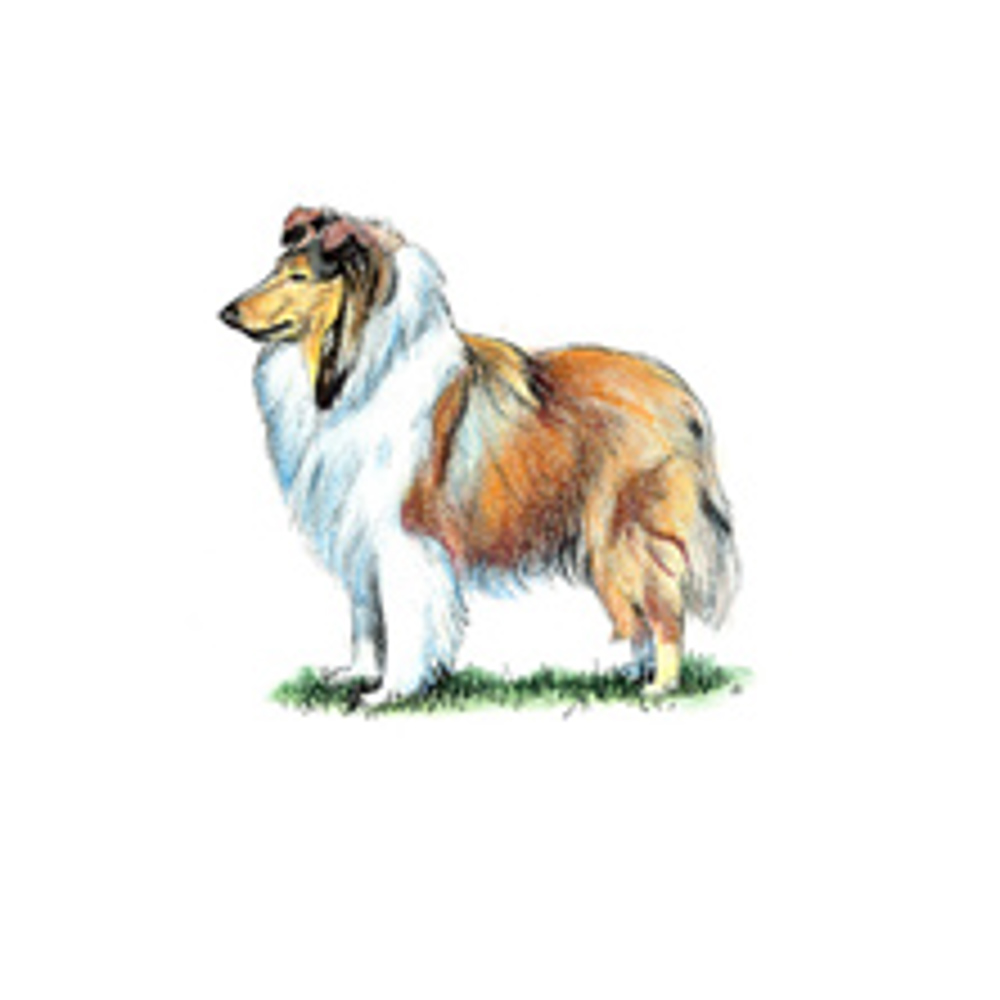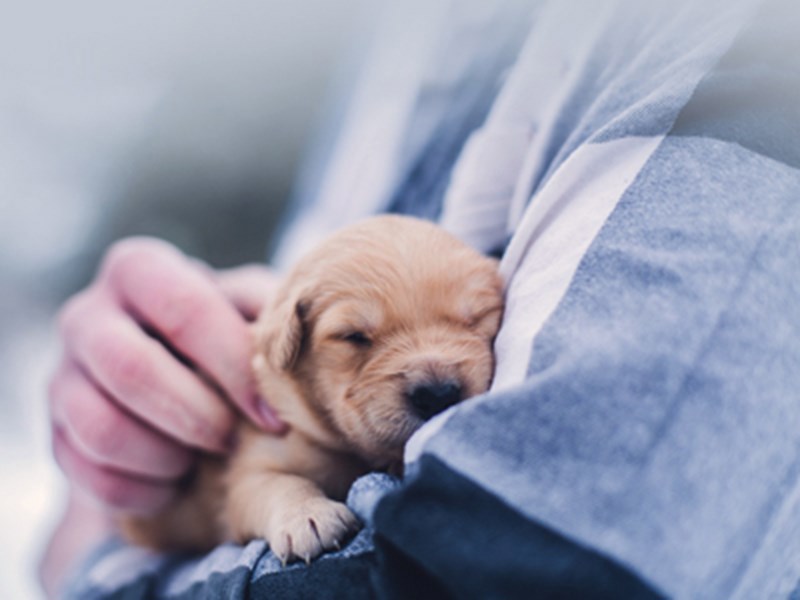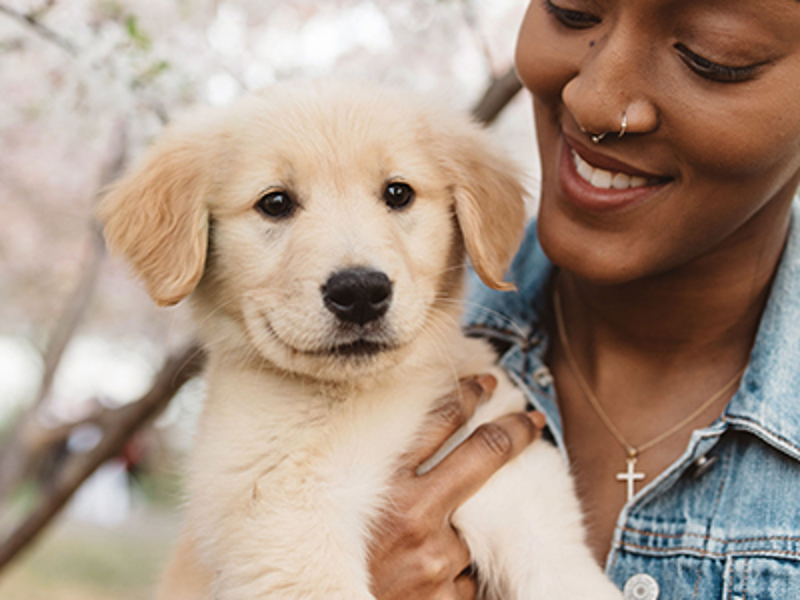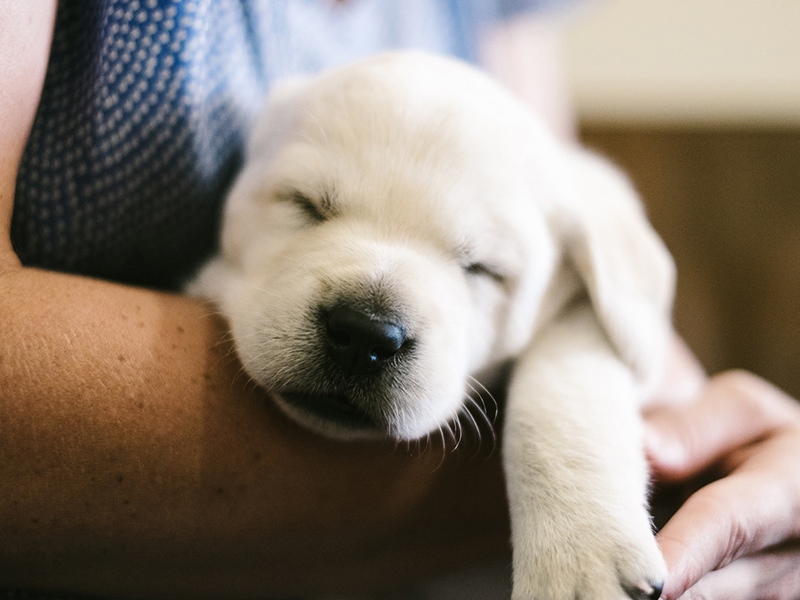
Collie (Rough)
Breed characteristics
- Size
- Medium
- Exercise
- Up to 1 hour per day
- Size of home
- Small house
- Grooming
- Every day
- Coat length
- Medium
- Sheds
- Yes
- Lifespan
- Over 12 years
- Vulnerable native breed
- No
- Town or country
- Either
- Size of garden
- Large garden
About this breed
The Rough Collie shares it origins with the Smooth Collie in the working sheepdogs of Scotland. The earliest Collies were smaller than today's dogs and largely black/white or tricolour or black/tan. The first sable, Old Cockie, born in 1868 caused a sensation and from that time the sable/white become the most popular colour. However, the tricolour and the blue merle are still very much evident in the breed.
It was not until 1870 that there were separate classes for “Sheepdogs Rough” and “Sheepdogs Smooth”. The founder of The Kennel Club Mr S.E. Shirley promoted the Rough Collie and Queen Victoria brought some from Balmoral to her Royal Estates including Windsor Castle.
Perhaps it is the “glamour” of the coat which attracted many people to the breed at the expenses of the Smooth Collie and for many years the Smooth was considered the poor relation.
Images for this breed
The Pastoral breed group
The Pastoral Group consists of herding dogs that are associated with working cattle, sheep, reindeer and other cloven footed animals.
Usually this type of dog has a weatherproof double coat to protect it from the elements when working in severe conditions. Breeds such as the Collie family, Old English Sheepdogs and Samoyeds who have been herding reindeer for centuries are but a few included in this group.
Colour Watch
Category 0: Breeds with no NBS colour registration options.
Read more about Colour Watch.
Breed Standard colours
Breed standard colour means that the colour is accepted within the breed standard and is a traditional and well-known colour in this breed.
Breed standard colours in this breed include:
- Blue Merle
- Tricolour
- Sable & White
Other colour/s
'Other' means you consider your puppy to be a colour not currently known within the breed and one that does not appear on either the breed standard or non-breed standard list. In this instance you would be directed through our registrations process to contact a breed club and/or council to support you on identifying and correctly listing the new colour.
Non-breed-standard colours
Non-breed-standard colour means that the colour is not accepted within the breed standard and whilst some dogs within the breed may be this colour it is advised to only select a dog that fits within the breed standards for all points.
Colour is only one consideration when picking a breed or individual dog, health and temperament should always be a priority over colour.
Health
Whether you’re thinking of buying a puppy, or breeding from your dog, it’s essential that you know what health issues may be found in your breed. To tackle these issues we advise that breeders use DNA tests, screening schemes and inbreeding coefficient calculators to help breed the healthiest dogs possible.
More about health
Priority health schemes and tests
The Kennel Club's Assured Breeders must use the following (or equivalent) schemes, tests and advice. All other breeders are strongly advised to also use these.
Important health schemes and tests
We strongly recommend that all breeders, both assured breeders (ABs) and non ABs, use the following (or equivalent) schemes, tests and advice.
- DNA test - CEA/CH - part of The Kennel Club's DNA Testing Services* (see below). Find lists of tested dogs or find a list of dogs tested with the CEA/CH linkage test that is no longer available
- DNA test - MDR1 - part of The Kennel Club’s DNA Testing Services* (see below). Find lists of tested dogs
- Check inbreeding calculators
Other health schemes and tests available
- DNA test - PRA(rcd2) - Find lists of tested dogs
- Risk test (DNA based) - DM - Find lists of tested dogs
*The Kennel Club’s DNA Testing Services - simple to use and easy to organise all-in-one DNA tests
The DNA tests listed above marked with an asterisk (*) are included in our DNA Testing Services. This includes:
- CEA/CH (Collie eye anomaly) (partner lab)
- MDR1 (Multidrug resistance gene 1) (partner lab)
Kennel Club Assured breeders and Kennel Club Accredited Instructors receive a 10% discount.
Find out more about our DNA Testing Services.
Find out about a particular dog's results
Please visit our Health Test Results Finder to discover the DNA or screening scheme test results for any dog on The Kennel Club's Breed Register.
You can also view the inbreeding coefficient calculation for a puppy's parents, or for a dog you're thinking of breeding from.
Have any questions about health in your breed?
If you have any concerns about a particular health condition in your breed then you may wish to speak to your vet or you could contact your breed health co-ordinator.
Breed health co-ordinators are individuals working on behalf of breed clubs and councils who are advocates for the health and welfare of their chosen breed. They acts as a spokesperson on matters of health and will collaborate with The Kennel Club on any health concerns the breed may have.
Breed watch
Category 2
Particular points of concern for individual breeds may include features not specifically highlighted in the breed standard including current issues. In some breeds, features may be listed which, if exaggerated, might potentially affect the breed in the future.
Breeding restrictions
There are a number of The Kennel Club's rules and regulations that may prevent a litter from being registered, find out about our general and breed specific breeding restrictions below.
More about breeding
With effect from 1 January 2013, The Kennel Club will not register puppies whelped from a merle to merle mating born on or after this date. This is due to associated health risks of impaired vision and hearing associated with the merle gene in this breed.
Collie (Rough) parents may produce one or more Collie (Smooth) puppies in a litter. The option to register online is not available and must be submitted by post on a litter application form. A note should be made next to the relevant puppy or in the form of an accompanying letter.
Looking for a puppy?
Looking for a Collie (Rough)? Explore our list of puppies and rescue dogs for sale near you.
More information

Need to find out more about a breed?
Use our Find a Club service where you can locate breed clubs that can offer support and advice.

Use our Find a Puppy service
The Kennel Club's Find a Puppy service provides contact details for breeders who have puppies available. Let's help you find your new best friend.

Get the best lifetime pet insurance
At Kennel Club Pet Insurance, we want you to focus on getting the best possible treatment for your dog without worrying about the cost.
